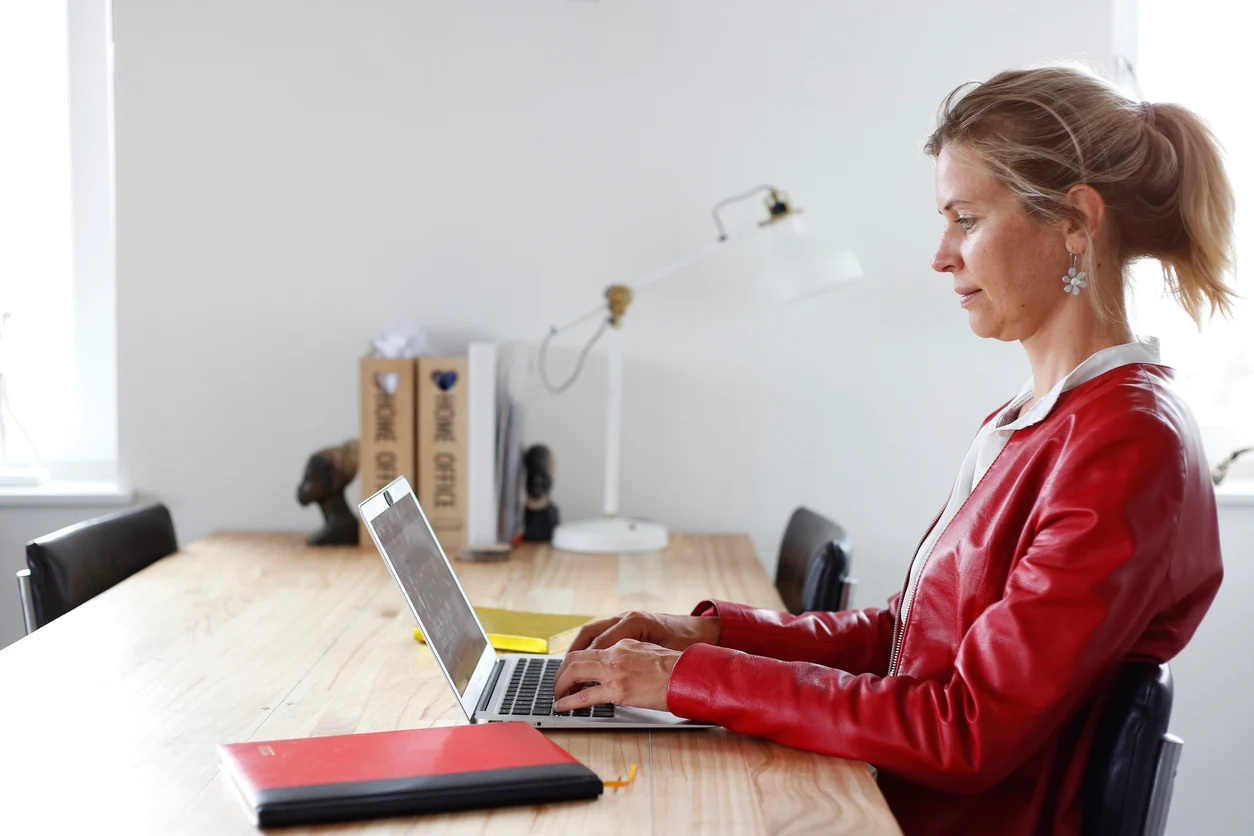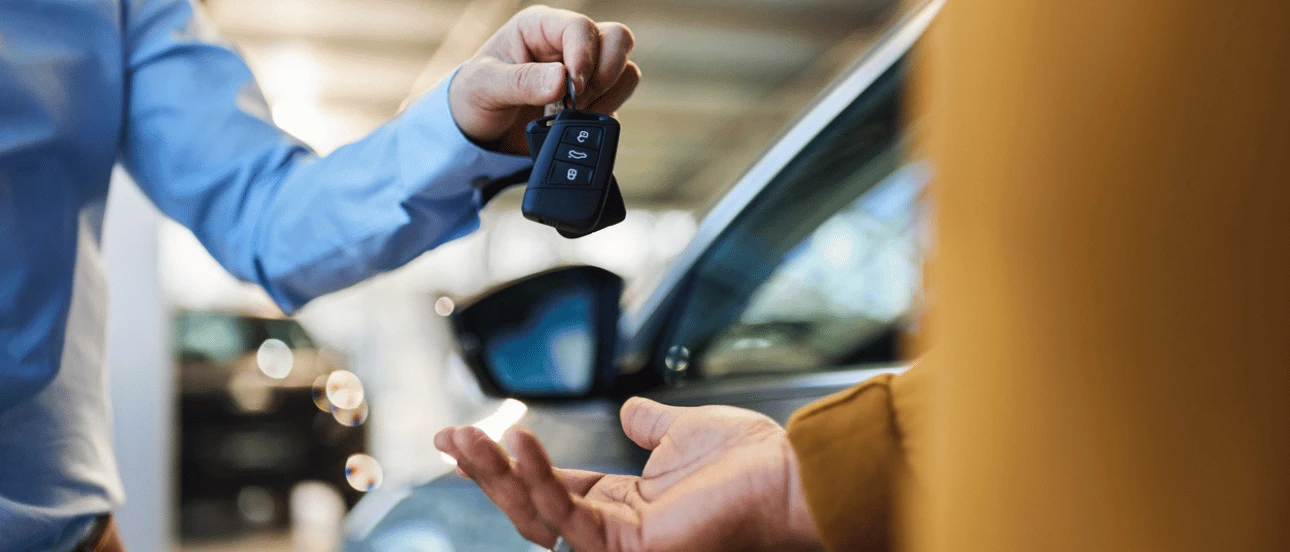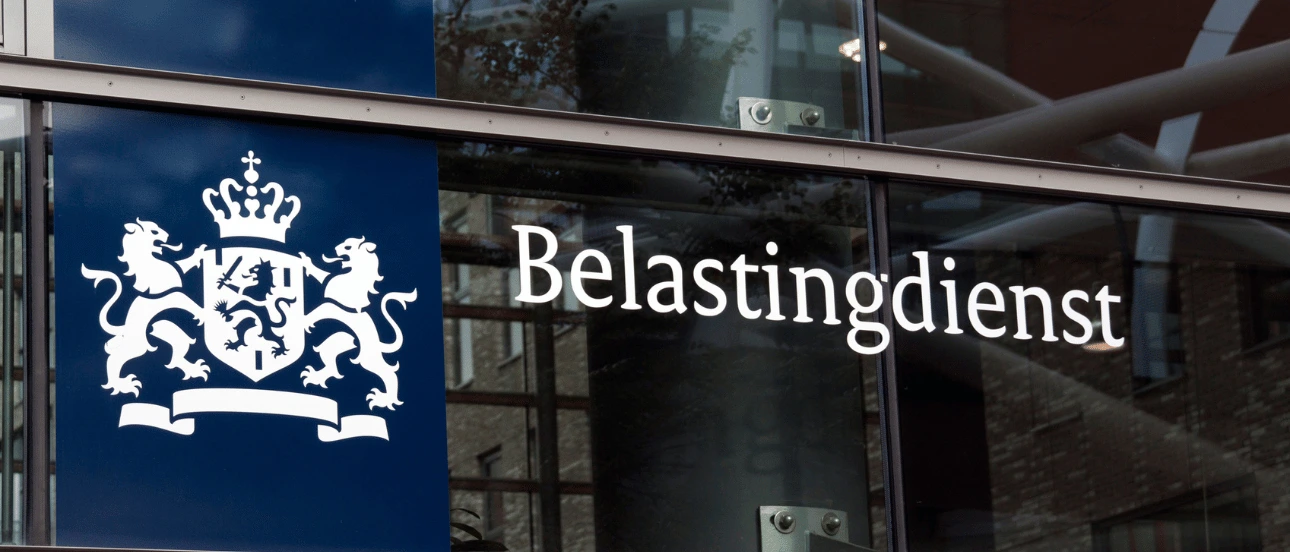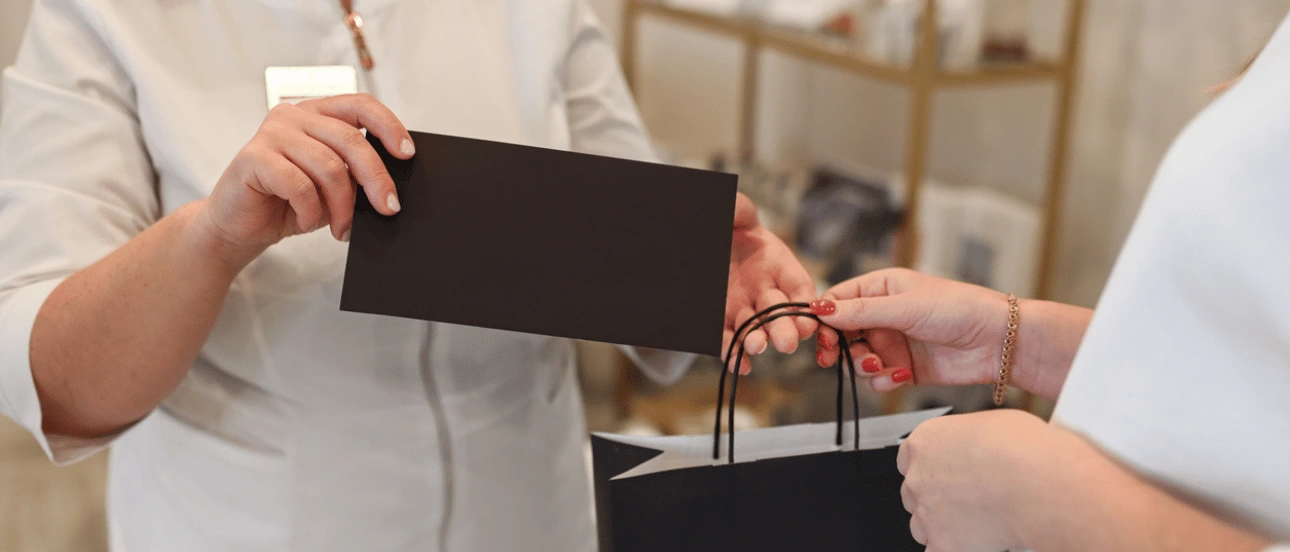Home office
A home office is deductible only if it is an independent workspace. This means the space must be clearly separated from your home and independently usable. The space must have its own access and facilities so that it could be rented out on its own. An ordinary room in the house usually does not meet this requirement which means it remains private. Only when your space meets all the conditions can you treat the expense as work space. For most self-employed people, this means that home expenses are not deductible.
Partially deductible expenses when working from home
At home, you incur many expenses that can appear to be both private and business. The tax authorities always look at whether the expenses would also be present without a business. If so, these expenses remain private. Only clearly business expenses are deductible. Think of equipment you need for your work or office supplies you use during assignments. Costs of your home such as rent or energy are only deductible if your workspace is independent. In other cases, you do not include them in your accounts.
Work space at home
A non-autonomous workspace is not deductible. Only when your space is independently usable can you deduct expenses. Most home offices do not meet these conditions.
Telephone and internet
A private subscription is not deductible. Only business expenses or a separate business subscription may be deducted. You must exclude private use.
Energy, water and heating
These expenses remain private when the space is not self-contained. Only an independent business space entitles to partial deduction. This is rare for home-based workers.
Furniture and equipment
Business purchases up to €450 you deduct immediately. More expensive items you write off annually. The items must be demonstrably for your business.
Office supplies
Small business items are fully deductible. Keep receipts for your records. These expenses are directly part of your daily business.
Coffee and tea
Consumption for yourself is private. Only when you receive clients are the expenses limitedly deductible. As a self-employed person at home, this is usually rare.
Check whether you can deduct expenses
You can check your situation with the tool from the tax authorities. This tool shows whether you can deduct a workspace and what costs are involved. The outcome depends on your home and how you use the space so not all situations are fully accounted for. If your home deviates from the standard, extra verification is important. The tool does not work for every housing situation so sometimes you have to judge for yourself what is allowed.
Do you have a partner?
When you have a partner, the property must be tax-qualified. The tool only works when the property is entirely yours, entirely your partner's or jointly owned in community. In other situations, the outcome may differ.
VAT rules when working from home
You deduct VAT only on business expenses. This does not include private expenses. For mixed costs, you determine which part is business and only process that part in your tax return. Think of a laptop that you use partly privately or a phone that you use for both purposes. Housing costs remain private if the workspace is not independent. Most self-employed people can therefore only deduct VAT on equipment and business purchases that are separate from the home. This keeps VAT records clear when working from home.
Insurance when working from home
At home, you are not automatically insured for business risks. Private insurance often does not cover damage to business assets, putting you at risk yourself. Depending on your work, you may need additional insurance. Below are options that often suit self-employed people.
Common insurances
- Inventory and goods
Covers damage to business equipment or stock. - Corporate liability
Protects you when damage occurs to others. - Professional liability
Applies when a mistake in your work causes financial loss. - Cyber insurance
Useful when working digitally and at risk of data breaches.
Conclusion
Home working expenses are private for self-employed people in most cases. Only if your workspace is independent can you deduct part of the expenses. All other living expenses remain outside your records. However, business equipment and office supplies are deductible because they are separate from your home. Always check your situation carefully so you only deduct expenses you are entitled to. This way, you keep your administration correct and avoid problems.






